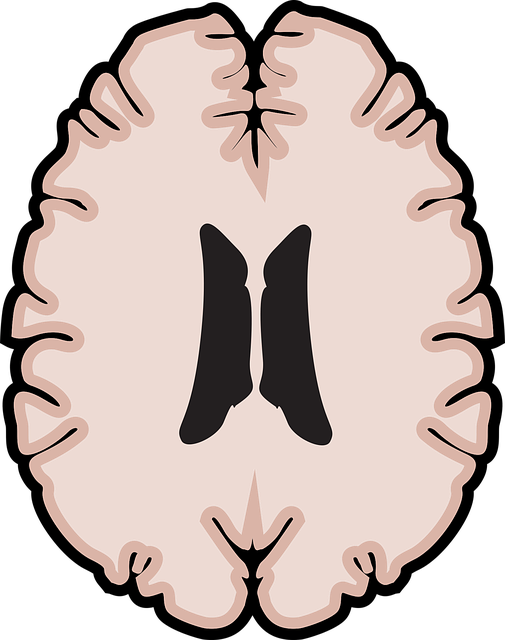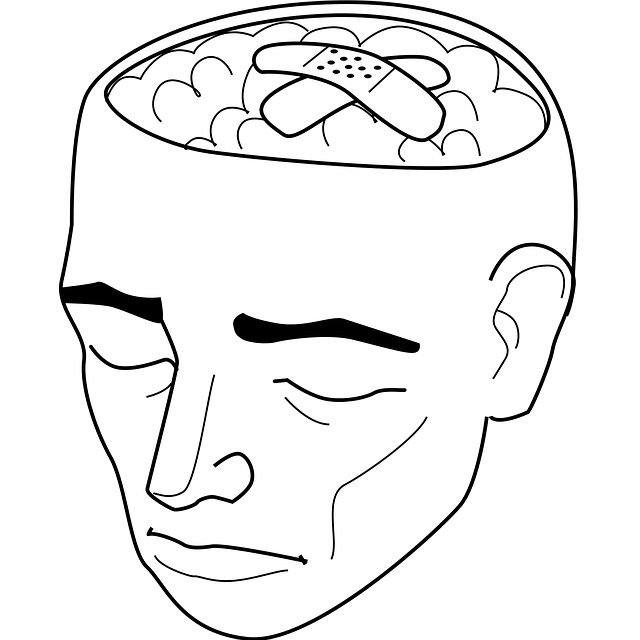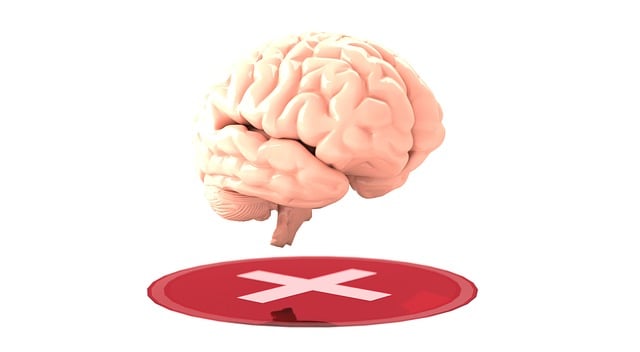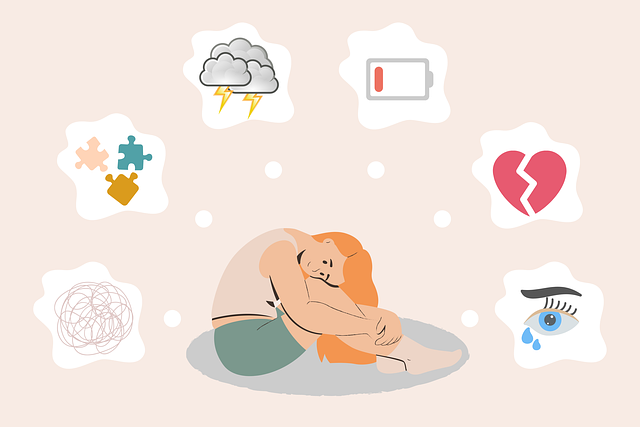Therapy for adults, incorporating tailored counseling sessions and bariatric evaluations, is a crucial support system during times of loss, grief, and bereavement. It offers safe spaces to explore complex emotions, develop healthy coping mechanisms, and enhance emotional regulation skills, addressing both physical and mental health needs. Approaches like CBT, Interpersonal Therapy, mindfulness practices, and support groups cater to holistic well-being, especially for individuals navigating weight-related issues alongside emotional challenges. This proactive therapy integrates self-esteem improvement, mental health advocacy, and mind over matter principles to foster resilience through healthier coping strategies.
Loss, grief, and bereavement counseling are vital support systems for individuals navigating emotional pain after a significant loss. This comprehensive guide explores these topics, offering insights into understanding and managing them effectively. We delve into the therapeutic landscape, focusing on specialized approaches tailored to adults experiencing loss. Additionally, we highlight the importance of bariatric evaluations in assessing physical health during difficult times, ensuring a holistic approach to therapy for adults.
- Understanding Loss, Grief, and Bereavement: A Comprehensive Overview
- The Role of Counseling in Managing Emotional Pain
- Therapy Approaches for Adults Experiencing Loss
- Bariatric Evaluations: Assessing Physical Health During Difficult Times
Understanding Loss, Grief, and Bereavement: A Comprehensive Overview

Loss, grief, and bereavement are complex emotional processes that can significantly impact an individual’s mental well-being. Understanding these concepts is crucial when considering therapy for adults, especially those undergoing challenging life transitions or seeking support post-loss. Loss refers to the absence of someone or something valued, while grief is the emotional response to that loss. Bereavement, on the other hand, is the period of time following a significant death and involves various stages of mourning.
When individuals experience the death of a loved one, they often face intense emotions like sorrow, anger, guilt, and confusion. These feelings can be overwhelming, especially when coupled with practical considerations such as bariatric evaluations or managing ongoing medical conditions. Effective counseling offers a safe space for clients to explore and process these complex emotions. Through tailored therapy sessions, individuals can learn healthy coping mechanisms, enhance their emotional regulation skills, and develop strategies to navigate stress management effectively. This support is particularly vital for those facing significant lifestyle changes due to loss, ensuring they receive the necessary care for both their physical and mental health.
The Role of Counseling in Managing Emotional Pain

Counseling plays a pivotal role in helping individuals navigate and manage intense emotional pain associated with loss, grief, and bereavement. It provides a safe space for individuals to express their feelings, explore coping mechanisms, and work through complex emotions in a supportive environment. Through therapy sessions, adults can gain valuable insights into their grief process, learn healthy ways of processing sorrow, and develop effective strategies to enhance their mental wellness.
In the context of bariatric evaluations, counseling is often integral to pre-surgery preparation and post-surgery support. Many people experiencing weight-related issues also struggle with underlying emotional challenges. Therefore, integrating therapy for adults into the production of a Mental Wellness Podcast Series can be beneficial, offering valuable Self-Care Routine Development for Better Mental Health. By addressing both physical and mental aspects, counselors aid individuals in preventing or managing conditions like depression, thereby fostering overall well-being.
Therapy Approaches for Adults Experiencing Loss

Many adults experiencing loss turn to therapy as a means of coping and healing. Cognitive-behavioral therapy (CBT) is a common approach, focusing on identifying and changing negative thought patterns that arise after a loss. This type of therapy helps individuals process their grief by challenging unhelpful beliefs and developing healthier coping mechanisms. Through CBT, adults can learn strategies to manage symptoms of depression and anxiety associated with bereavement.
Another effective method is interpersonal therapy, which emphasizes building empathy and strengthening social support systems. Therapists help clients explore relationships and communicate their feelings, fostering a sense of emotional healing. Additionally, mindfulness-based practices and support groups are valuable tools for promoting emotional well-being. These strategies encourage individuals to stay present, accept their emotions, and find comfort in shared experiences with others who have gone through similar losses.
Bariatric Evaluations: Assessing Physical Health During Difficult Times

During times of profound loss and grief, individuals often face complex emotional challenges that can impact their overall well-being. In such situations, bariatric evaluations emerge as a crucial aspect of therapy for adults. These assessments go beyond measuring physical weight and size; they delve into an individual’s relationship with food, body image, and the underlying psychological factors influencing eating habits. By integrating self-esteem improvement techniques, mental health policy analysis and advocacy, and mind over matter principles, therapists can provide comprehensive support tailored to each client’s unique needs.
Understanding bariatric evaluations in this context is essential as they help identify potential physical health risks associated with emotional distress. This proactive approach allows for early intervention, ensuring that individuals grappling with grief and bereavement receive holistic care that addresses both mental and physical aspects of their well-being. Through these evaluations, therapists can guide clients towards healthier coping mechanisms, fostering resilience in the face of adversity.
In navigating the complex journey of loss, grief, and bereavement, counseling plays a pivotal role in offering support. This article has explored various aspects of these processes, from understanding emotional pain to discussing specific therapy approaches tailored for adults. Furthermore, it has highlighted the significance of bariatric evaluations in assessing physical health during difficult times. By combining therapeutic interventions with holistic care, individuals can find solace and gradually heal after loss. Seeking professional help is a courageous step towards managing grief and reclaiming well-being, ensuring individuals affected by loss receive the necessary support to thrive once again.














